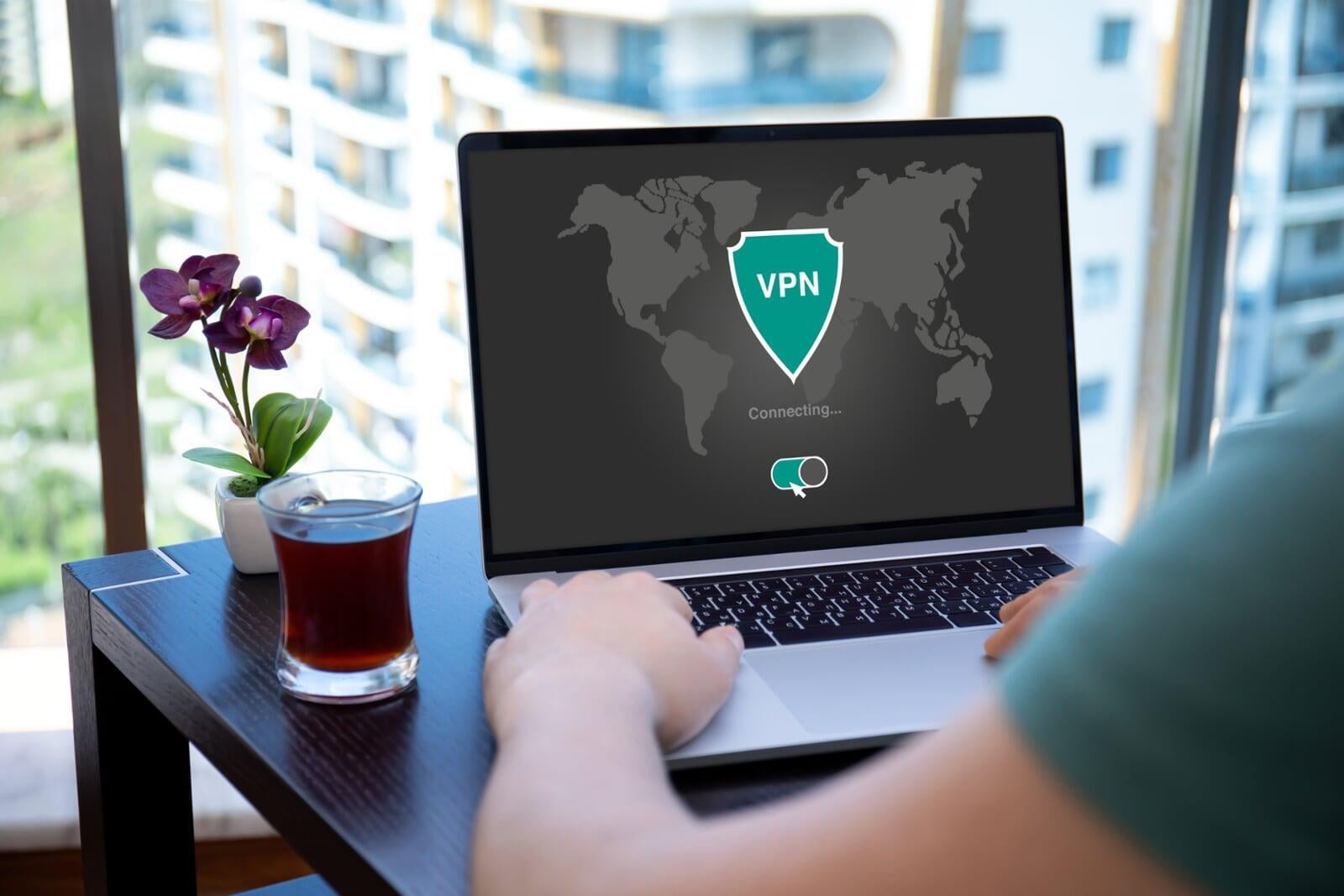
Virtual Private Networks (VPNs) have become increasingly popular in recent years as more and more people seek to protect their online privacy and security. However, not all VPNs are created equal, and free VPNs, in particular, can come with a host of hidden dangers.
One of the primary concerns with free VPNs is that they may not have robust security features. Many free VPN providers lack the resources to develop and maintain strong security protocols, leaving their users vulnerable to cyber threats such as malware, hacking, and phishing.
In addition, free VPNs sometimes insert unwanted ads and tracking cookies into your browsing sessions – and those cookies don’t stop tracking you simply because you stopped using the free VPN. This can be particularly concerning for users who value their privacy, as it means that their online activities may be monitored and sold to third parties.
Another issue with free VPNs is that they often have limitations on data usage, speed, and the number of devices that can be connected. This can make them less reliable and less convenient to use than paid VPN services.
There have also been instances where free VPNs have been found to be unsafe. For example, the Hola Free VPN was found to be using a peer-to-peer model where each user potentially acted as a node for other users’ traffic3. This raised concerns about the security of users’ data and the potential for their devices to be used for illegal activities.
In conclusion, while free VPNs may seem like an attractive option for users looking to save money, they come with significant risks and limitations. It is important to carefully consider these risks before using a free VPN service. Instead, it may be worth investing in a reputable paid VPN service that offers strong security features and a strict no-logging policy to protect your online privacy and security.

